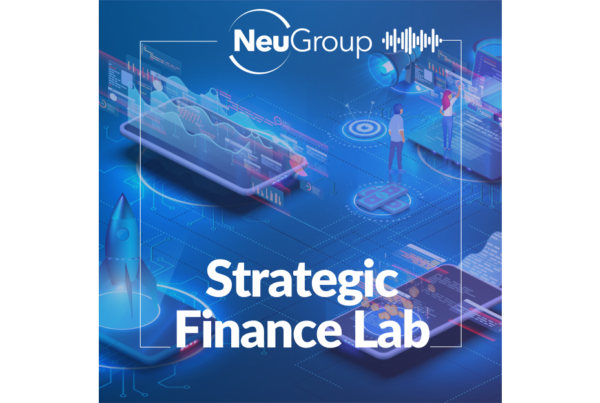
A former CFO of Merck offers tips for treasurers to stay on track if board directors lob off-topic questions.
When Peter Kellogg was CFO of Merck during the 2008 financial crisis, the greatest challenge he faced during board presentations came when directors peppered him with questions based on what they had read, seen or heard in the media or elsewhere. This is one example of what he calls “derailers”—questions about subjects that don’t affect the company directly, are not relevant to the topic of the presentation and can throw a presentation off-track.
- These “understandable concerns” came largely from directors also on the boards of smaller, less stable companies. This required Mr. Kellogg to offer direct and clear responses to provide comfort and clarity about how the situation was different for a larger company like Merck.
Bad news, good news. The bad news is that periods of volatility, economic uncertainty and geopolitical risk—like now—often give rise to more derailers, requiring treasurers and CFOs to respond tactfully and steer the conversation back on track.
- The good news is that he shared how to deal with derailers in a session of NeuGroup for Life Science Treasurers last month. His tips for successful presentations to boards and audit committees are based on a business career spanning more than 30 years during which he also served as CFO of Celgene, Biogen and Frito-Lay International. And he currently sits on the board of two life sciences companies.
In a video interview you can watch below, Mr. Kellogg dives into three key ways treasurers can send the right message during a presentation to the board.
Opportunity. In the meeting, one member called board presentations “just another chance to screw things up.” Mr. Kellogg, by contrast, sees them as opportunities for treasurers to send the right message and involve themselves in the company’s long-range plan (LRP).
- “You’re representing the treasury function,” he said in the session. “You want to take the opportunity to lead with the idea that you’re a great operation, and that you’re a leader—you’re impacting the company, you’re involved in the LRP and you’re working with business development to enable key projects that could be important to the future of the company.”
Clean slides, direct language. During the session, Mr. Kellogg discussed the need to make board presentations easily understood by any audience, especially considering some directors may not have experience in treasury.
- Keep slides clean. Decks cluttered with charts and statistics, which Mr. Kellogg calls “banker slides,” will only be a distraction, and could lead to further off-topic questions.
- Avoid jargon. Terminology that a generalist audience wouldn’t understand is likely to make a board cringe, according to Mr. Kellogg. “It needs to be something that’s easily understood, you want to make sure they are able to stay on track.”


